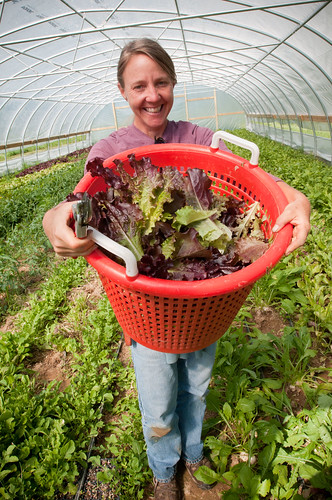Organic gardening may be a major pain, or a major headache. The advice in this piece is sure to pave the way to organic gardener.
Your children will enjoy the experience of working with your organic gardening endeavors. A garden can provide a wonderful learning experience for children, and it gives you a chance to bond while producing healthy food.
Using aspirin and water can prevent certain plant diseases. Dissolve aspirin (1.5 pills per gallon of water) in a plant disease fighting solution. You can easily spray this on them fight of disease. Try spraying your plants with this around every three week period.
After your seeds sprout, they require less warmth than they did prior to sprouting. Keep an eye on your seeds to know when this should be done.
Pine is a wonderful mulch. Cover soil beds with a few inches of pine needles, as they will decompose and disperse their acid throughout the soil.
Coffee Grounds
Coffee grounds work great addition to soil.Coffee grounds are full of nutrients that plants need.
Some common examples are petunias and petunias. If you’re not sure, a guide either comes with seeds, or you can find out online.
When you are growing seedlings in your organic garden, try ruffling seedlings using your hands or cardboard one or two times daily. It sounds weird, but there is actually proven research that shows this helps the plants grow.
Fill the jar with beer to an inch of the top. Slugs will be attracted to the beer and won’t be able to exit the jar.
Treated Wood
Create raised beds with stone, bricks or untreated wood. Choose a wood that is naturally resistant to rot and does not contain any chemicals. Some good choices you might consider are locust, cypress, and cypress. In a veggie garden, avoid using treated wood to enclose or demarcate different sections of your vegetable garden. If you must use treated wood, line your beds with plastic.
In conclusion, there are more aspects of organic gardening than one would originally think. You may have to put in a fair amount of effort, but at the end of the day you will have a wonderful garden. When you apply the tips in this article, you will be ready to start improving your skills in organic gardening.

